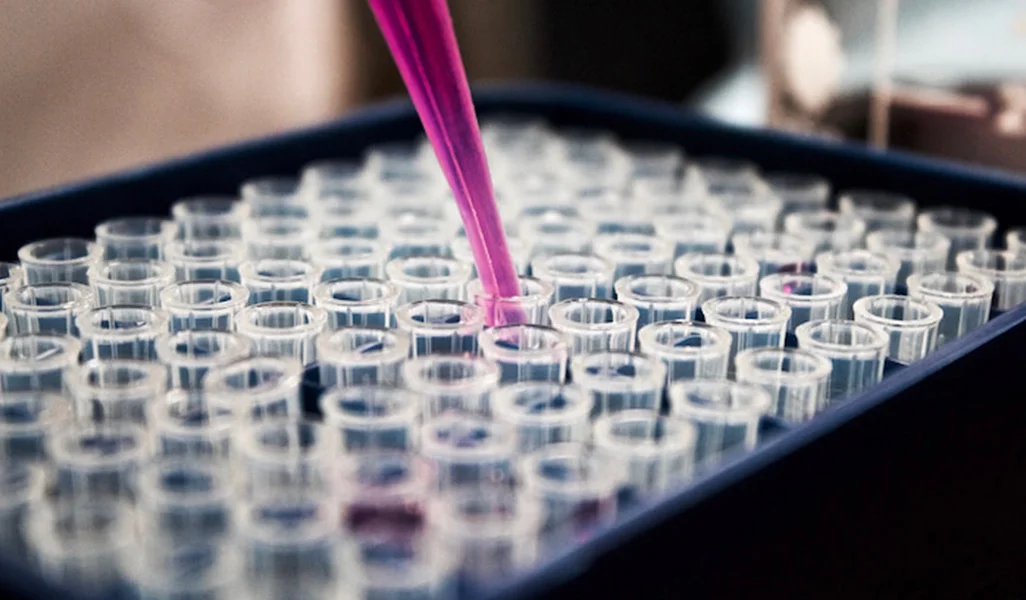News & Articles

New Treatments For Blood Cancers Offer Better Outcomes

Blood Cancers: New treatments offer better outcomes
Drugs can now target tumour cells and use the body’s immune system to kill them, notes Parkway Cancer Centre’s Dr Colin Phipps Diong.
For patients who suffer from particular subtypes of blood cancers like lymphoma, myeloma or leukaemia, a class of drugs known as monoclonal antibodies can offer better outcomes than treatment from chemotherapy alone.
Monoclonal antibodies are immune cells made in a laboratory that hone in onto a protein, usually on the surface of the blood cancer cell. It then kills the cancer cell with or without the help of the patient’s own immune cells.
Different cancers express different proteins, so, by identifying the type of cancer a patient has, doctors can use a drug that targets those cancer cells.
Dr Colin Phipps Diong, a Senior Consultant in Haematology at Parkway Cancer Centre, gave the example of a drug called rituximab, which targets the CD20 protein on B-cell Non-Hodgkin’s lymphoma cells. He said that this drug has changed the treatment landscape of B-cell lymphomas because of its effectiveness and ability to be combined with chemotherapy.
Newer agents that combine the targeting ability of monoclonal antibodies together with a cytotoxic agent are also coming to the forefront. Brentuximab vedotin is one such drug that targets the CD30 protein expressed by Hodgkin’s lymphoma.
“This is the first antibody-drug conjugate that shows such high potency in Hodgkin’s lymphoma,” said Dr Phipps, speaking to doctors at a Continuing Medical Education seminar. An antibody-drug conjugate combines a monoclonal antibody with a toxic agent to increase its potency.
Monoclonal antibodies have also shown promise in helping adults with relapsed acute lymphoblastic leukaemia (ALL). For such patients, outcomes have been dismal with a five-year overall survival rate of 10 per cent and a median survival time of 4.5 months. However, the protein CD22 is expressed in more than 90 per cent of B-cell ALL, which allows it to be a target.
A multicentre, randomised trial has shown that patients with relapsed ALL who were put on the drug which targets CD22 showed a longer duration of response, overall survival, and progression-free survival compared to standard salvage chemotherapy.
Monoclonal antibodies have also been developed to treat patients with multiple myeloma.
Currently, the main treatment for most blood cancers is chemotherapy. “It is highly effective because it kills dividing cancer cells rapidly,” noted Dr Phipps. However, chemotherapy kills all cells in the body that divide rapidly, which is why patients treated with chemotherapy lose their hair. It also affects the bone marrow, which is how patients end up with low blood counts.
The push to find a better treatment led to the development of monoclonal antibodies, as well as other targeted therapies.
Apart from monoclonal antibodies, other immunotherapy treatments include bispecific antibodies, checkpoint inhibitors, chimeric antigen receptor (CAR) T-cell therapy and allogeneic stem cell transplants.
The treatment of blood cancers using immunotherapy is an evolving field that is seeing improving cure rates and new therapies, said Dr Phipps. He noted that most of the immunotherapy treatments were quite safe, tolerable and can be used in older patients where chemotherapy would be precluded.
“Of course, newer does not always mean better,” he cautioned. “A lot of the time, very good responses come from conjugation: immunotherapy plus chemotherapy.”
| POSTED IN | Cancer Treatments |
| TAGS | blood cancer, chemotherapy, immunotherapy, new ways to treat cancer |
| READ MORE ABOUT | Acute Lymphoblastic Leukaemia (ALL) in Adults, Acute Myeloid Leukaemia (AML), Chronic Lymphocytic Leukaemia (CLL), Chronic Myeloid Leukaemia (CML), Hodgkin Lymphoma, Leukaemia, Lymphoma, Multiple Myeloma, Non-Hodgkin Lymphoma |
| PUBLISHED | 11 March 2019 |
